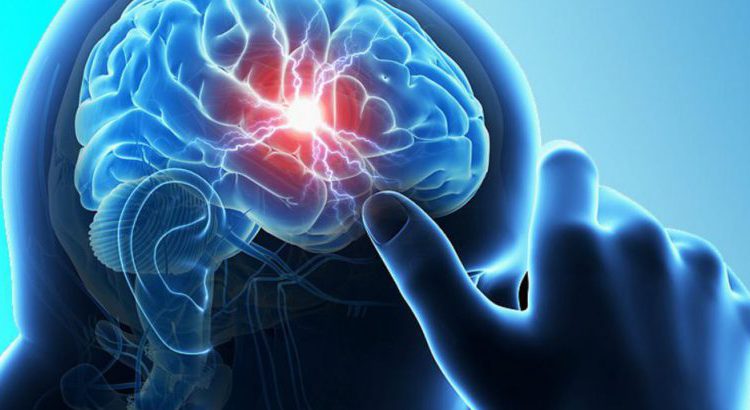History of neuroscience
 Neurology comes from the Greek word nevrou-nerve, logos-teaching, that is, the science of neurology. A group of biomedical sciences that studies the nervous system in both normal and pathological conditions. He is concerned about the occurrence of diseases of the central and peripheral organs of the nervous system, as well as studying the mechanisms of their formation, symptoms and possible methods of diagnosis, treatment and prevention.
Neurology comes from the Greek word nevrou-nerve, logos-teaching, that is, the science of neurology. A group of biomedical sciences that studies the nervous system in both normal and pathological conditions. He is concerned about the occurrence of diseases of the central and peripheral organs of the nervous system, as well as studying the mechanisms of their formation, symptoms and possible methods of diagnosis, treatment and prevention.
Neurology, as a science of the structure and function of the nervous system, is based on the evolutionary theory and the research of physiologists of the late 19th and early 20th centuries.
Neurology is a biomedical science that studies the structure and functions of the nervous system in norm and pathology, the laws of its phylogenesis and ontogenesis, and analyzes the methods of recognition, treatment and prevention of its diseases.
Special groups of diseases of the central nervous system are studied by psychiatry. For the development of neuroscience at the end of the 19th and 20th centuries, the physiological studies of I. M. Sechenov and S. Sherington were of great importance. The achievements of neuroscience in the 20th century include: the discovery of genetic evolutionary patterns in the formation of the structure and functions of the brain; addition of the concept of integration of nerves with information about the vertical levels of the organization of brain activity and their morphofunctionality.
Neuroscience research is coordinated by the World Federation of Neurology. The main research centers abroad: the New York Neurological Institute and the Institute of Mental Diseases in the USA, the National Neurological Hospital in Great Britain, etc., neurological studies include general and specialized medical journals. The International Congress on Neuroscience has been held since 1897. The theoretical basis of neurology is biomedical science, which includes the following topics: neuroanatomy, neurohistology, neurophysiology, neurochemistry, neurobernetics (studying the principles of organization and activity of neuron and nerve networks, mechanisms of behavioral practice, analytical mechanisms, etc.)


